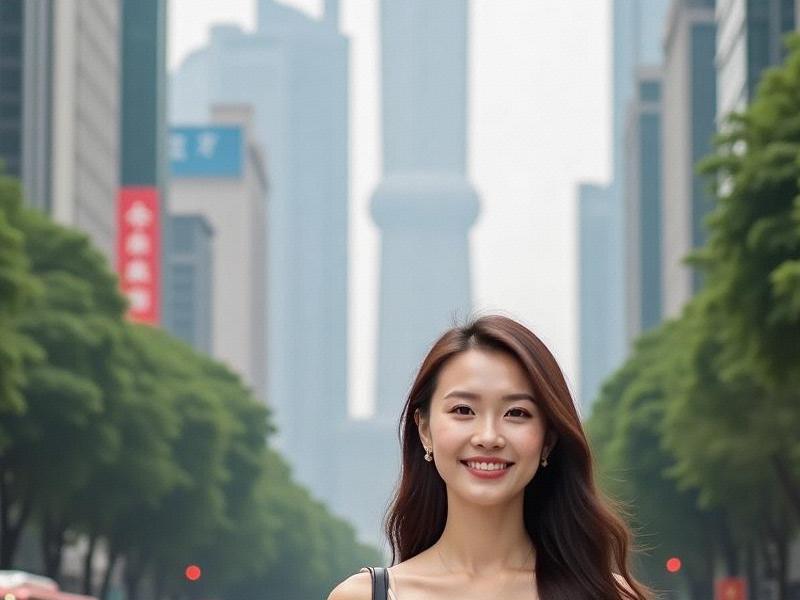
The morning rush hour at Shanghai's People's Square metro station presents a fascinating anthropological study: young lawyers in tailored suits stride alongside grandmothers practicing tai chi, while art students sketch both groups with equal fascination. This daily convergence encapsulates the complex tapestry of womanhood in China's most international city, where traditional values and global aspirations coexist in dynamic tension.
Shanghai's historical context shaped its distinctive female identity. As a treaty port, the 1920s saw the emergence of "Modern Girls" (摩登女郎) who smoked cigarettes while discussing literature in French cafes. The economic reforms of the 1980s created China's first female stock traders and private entrepreneurs. Today, Shanghai boasts the nation's highest gender parity index (0.942) and leads in female economic participation (68.3% of working-age women employed), according to 2024 municipal data.
上海喝茶服务vx Career trajectories reveal evolving priorities. While Beijing women dominate politics and Shenzhen women tech entrepreneurship, Shanghai's professional women excel in cross-cultural roles. The city hosts 43% of China's female-led import/export businesses and 57% of multinational corporate legal teams headed by Chinese women. "Shanghai rewards hybrid competencies," explains Fudan University gender studies professor Dr. Liang Xia. "Women here leverage both Confucian relationship-building and Western management techniques."
The marriage paradox illustrates cultural shifts. Shanghai's average first marriage age for women (31.2 years) exceeds both the national average (27.8) and Tokyo's (30.1). Yet contrary to the "leftover women" (剩女) stereotype, many consciously delay marriage to pursue advanced degrees—the city has China's highest percentage of female PhD candidates (53%). Matchmaking agencies report growing demand for "equal partnerships" where men share domestic responsibilities, with 68% of female clients listing "willingness to cook" as a desired trait.
上海贵族宝贝sh1314 Fashion serves as cultural commentary. The Shanghainese "stealth wealth" aesthetic—understated luxury combining qipao-inspired silhouettes with Italian fabrics—contrasts with Beijing's overt displays and Guangzhou's casual practicality. Local designers like Helen Lee reinterpret cheongsam elements for contemporary workplaces, while the "Puxi Prep" style blends Ivy League influences with Jiangnan sensibilities. "Our clothing says we're globally literate but locally rooted," notes style influencer Vivi Zhang.
上海娱乐联盟 Social activism takes distinctive forms. Shanghai's feminist organizations focus on practical empowerment rather than ideological protests. The "Women in STEM" initiative has increased female engineering graduates by 42% since 2020. The city's unique "Grandmothers' Climate Alliance," comprising retired professionals, successfully lobbied for 156 neighborhood composting stations. Even traditional women's associations now offer investment workshops alongside flower-arranging classes.
Challenges persist beneath the progressive surface. The "glass ceiling" remains in state-owned enterprises, where only 12% of C-suite positions are held by women. Rising housing costs force many young professionals into prolonged cohabitation with parents, complicating independence. Yet innovative solutions emerge, like female-oriented co-living spaces offering both privacy and community.
As Shanghai positions itself as a global innovation hub, its women are crafting a new social contract—one honoring familial obligations while demanding equal opportunities, preserving cultural heritage while embracing global perspectives. Their negotiated identity offers a compelling model for urban womanhood in developing societies worldwide—proving that modernity and tradition need not be opposing forces, but complementary elements of a rich, multifaceted life.
